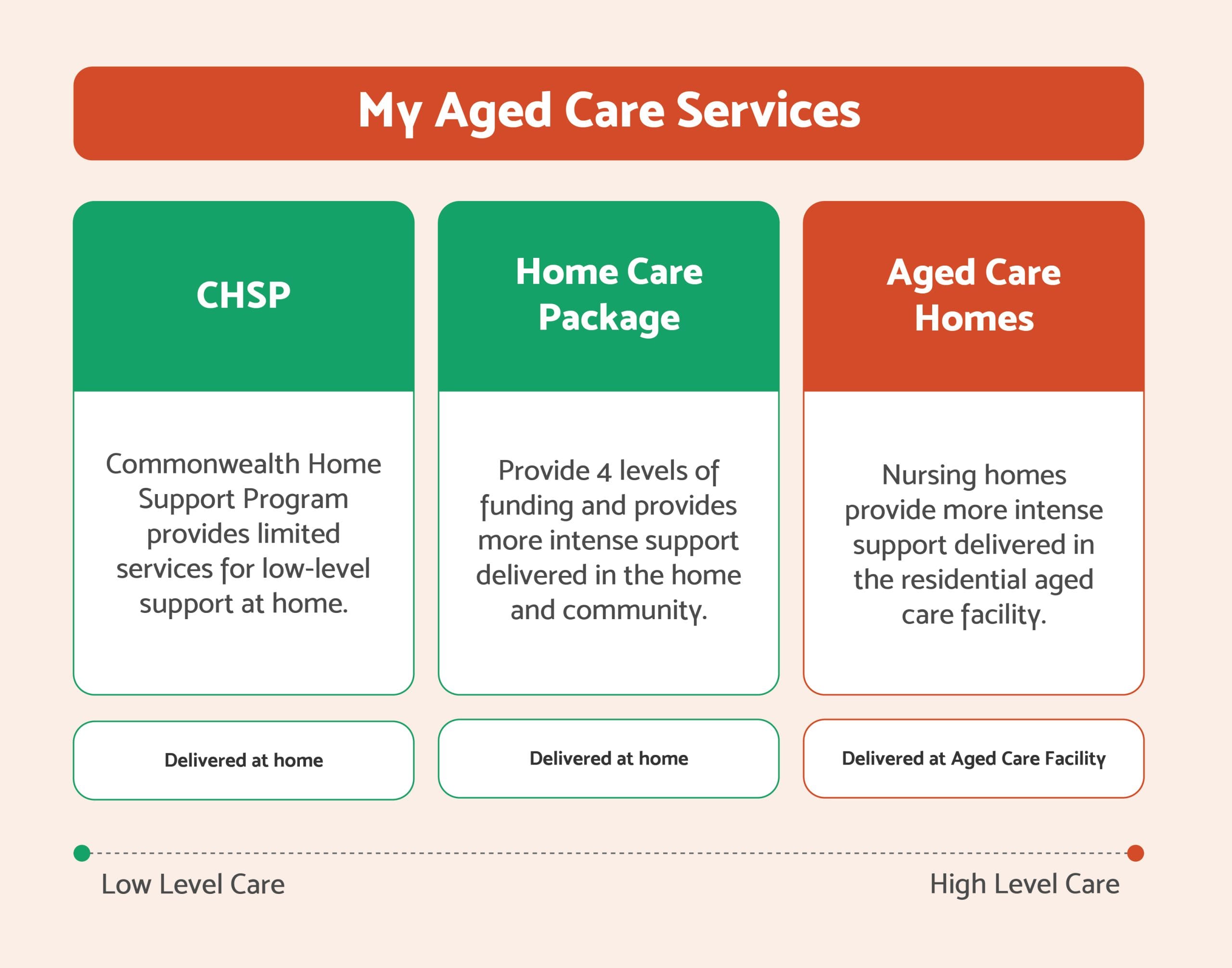How support at home under the NDIS supports people with disabilities
How support at home under the NDIS supports people with disabilities
Blog Article
Everything About Home Care Providers for Individuals With Disabilities: NDIS Registered Support
Home care services under the NDIS play a crucial duty in sustaining people with impairments. These services are designed to boost daily living through tailored support, ranging from personal like flexibility assistance. Understanding exactly how to navigate these choices can be complex. This introduction explores the various facets of NDIS home care, from readily available services to the selection of carriers, highlighting essential considerations for those seeking assistance. The trip toward equipped treatment starts right here.
Comprehending the NDIS and Its Function
The National Disability Insurance Policy Scheme (NDIS) works as a transformative framework made to offer support and services for individuals with specials needs. Established to boost the lifestyle and guarantee fair access to crucial sources, the NDIS encourages participants by providing individualized strategies customized to their one-of-a-kind demands. It aims to foster self-reliance, making it possible for individuals to pursue their individual goals and aspirations.Through a structured strategy, the NDIS allocates financing for numerous supports, consisting of education and learning, employment assistance, and community involvement. This all-encompassing system not just concentrates on prompt care however also emphasizes long-lasting developing results. By advertising choice and control, the NDIS encourages individuals to choose their preferred provider, guaranteeing that care aligns with their preferences and values. Inevitably, the NDIS stands for a significant commitment to enhancing the lives of people with impairments, fostering inclusivity, and constructing an extra encouraging society.
Kinds of Home Treatment Solutions Available
Different sorts of home care solutions provide to people with impairments, mainly concentrating on personal treatment help and respite treatment alternatives. Individual treatment help gives important support with daily tasks, while reprieve treatment uses short-term alleviation for primary caregivers. Recognizing these services is vital for making sure the health of both people with handicaps and their family members.
Personal Treatment Help
While maneuvering life can offer difficulties for people with specials needs, individual treatment aid uses necessary support tailored to their one-of-a-kind needs. This type of home care solution includes a series of activities developed to advertise independence and boost top quality of life. Individual care assistants aid with everyday jobs such as showering, clothing, grooming, and toileting, making sure individuals preserve personal health and comfort. They might likewise help with meal prep work, medication administration, and wheelchair support. By providing customized treatment, these specialists empower people to involve more fully in their social tasks and day-to-day regimens. On the whole, personal care aid plays a substantial role in cultivating dignity and freedom for those with disabilities, enabling them to prosper in their home setting.

Reprieve Treatment Options
Break care serves as a vital source for families and caretakers of individuals with handicaps, giving short-term remedy for the demands of daily caregiving. This kind of service can take numerous kinds, consisting of at home respite care, where trained specialists visit the home to help with care tasks. Families may choose for facility-based reprieve treatment, where individuals get treatment in a customized setting, allowing caregivers to take a break. Additionally, some organizations supply emergency situation respite services for unexpected conditions. These choices not only help alleviate caregiver anxiety however additionally promote the well-being of individuals with disabilities by using them brand-new experiences and social interaction. On the whole, respite treatment plays an essential role in sustaining both caretakers and those they take care of.

How to Gain Access To NDIS Home Care Providers
Accessing NDIS home treatment solutions includes recognizing the eligibility criteria stated by the National Impairment Insurance Coverage Plan. People must navigate an organized application process to secure the essential assistance tailored to their needs. This area will clarify both the eligibility demands and the steps associated with applying for services.
Eligibility Standards Clarified
To get approved for NDIS home treatment services, individuals must fulfill details qualification requirements that evaluate their requirements and situations. Candidates have to be matured between 7 and 65 years and have a permanent and considerable special needs that influences their capability to carry out day-to-day tasks. Additionally, they should be an Australian citizen, an irreversible homeowner, or hold a Protected Special Category Visa. The NDIS requires evidence of the disability, normally via medical assessments or reports. People must demonstrate that they call for assistance to take part in economic and social life. These criteria assure that services are guided in the direction of those that really require help, advertising freedom and improved lifestyle for people with handicaps.
Application Process Actions
Can I Select My Own Assistance Employees Through NDIS?
The private made inquiries whether they could pick their own support workers under the NDIS structure. Generally, participants have the adaptability to select support employees, fostering individualized treatment that aligns with their particular requirements and choices.
What Occurs if My Needs Adjustment After Receiving Assistance?
If an individual's demands modification after obtaining support, they should interact these modifications to their company. Adjustments can be made to the care strategy, making sure that the assistance remains appropriate and effective for their conditions.

Are There Limits on The Number Of Hours of Care I Can Receive?
The individual inquired about possible limits on the number of treatment hours obtained. Typically, such limits may exist based upon particular plans or funding plans, More Info emphasizing the importance of evaluating agreements and guidelines consistently.
Can I Make Use Of NDIS Funding for Home Modifications?
The question of making use of financing for home alterations occurs often. Generally, people might utilize NDIS financing for required adjustments to their homes, ensuring accessibility and safety and security, section upon meeting certain qualification criteria and standards.
How Do I Deal with Complaints About My Home Care Providers?
To resolve grievances about home treatment services, individuals need to initially record their problems. They can communicate directly with their solution copyright, looking for resolution, or escalate the concern to relevant oversight bodies if essential. Home care solutions under the NDIS play an essential duty in supporting people with specials needs. Different types of home treatment solutions provide to people with specials needs, largely focusing on individual care help and reprieve treatment options. home care providers. Personal treatment help offers vital assistance with day-to-day activities, while break care supplies temporary alleviation for primary caretakers. Families may choose for facility-based break care, where people obtain treatment in a specific environment, enabling caretakers to take a break. How can family members successfully manage the economic facets of home treatment solutions for people with handicaps?
Report this page